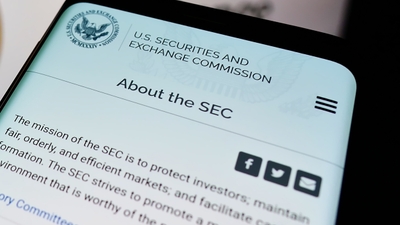The Craze Around Memecoin Pepe (PEPE) Lures Malicious Actors to Trick Investors
Since May 10th, the price of PEPE plummeted by over 30%.
The PEPE memecoin frenzy is attracting scammers, causing havoc in the crypto community.
On May 11th, a blockchain security firm PeckShield revealed that in the past three days, at least ten memecoin scams have emerged.

Did you know?
Subscribe - We publish new crypto explainer videos every week!
10 Biggest Crypto Scams & How to Avoid Them (ANIMATED)


In his tweet, PeckShield tagged the scam tokens, which had their liquidity drained, including memecoins like PEPEDOGE, PEPEC, BENZ, BMW, and BOBO.
However, not only are scam tokens on the rise, but fake Pepe claims sites are emerging every day.
Cybersecurity company CertiK warned about one such site, which claimed to offer rewards but was linked to a phishing contract.
In addition, Pepe's official Telegram group has been infiltrated by fake accounts directing users to sketchy websites.
Pepe token's creators have been urging the community to avoid connecting their wallets to suspicious pages claiming to offer airdrops or giveaways. They've also emphasized that they're not affiliated with other tokens or projects.
Pepe's market cap skyrocketed to $1 billion after being listed on Binance and surged 4,000% since its mid-April inception, reaching a $1.82 billion market cap. However, the token's value dropped by over a billion dollars soon after its peak.
The PEPE token has faced controversy, with Coinbase warning users that it has been co-opted by alt-right groups as a "hate symbol." This claim provoked a backlash from the Pepe community, with some demanding an apology and threatening to close their Coinbase accounts.
The soaring popularity of Pepe memecoin has inevitably attracted scammers, forcing investors to exercise caution and avoid engaging with suspicious sites and claims.
At the time of writing, Pepe (PEPE) retails for $0.00000118, recording a 30.75% decrease in the last 24 hours.























